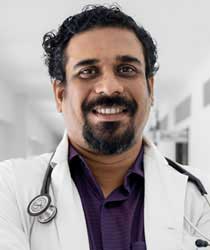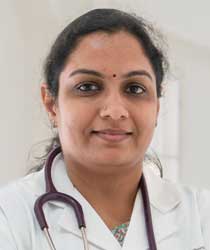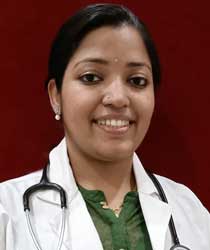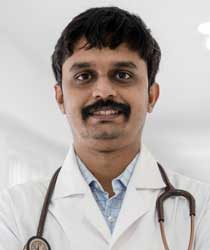RESPIRATORY MEDICINE
Mission and Educational Objectives
The UG program in Respiratory Medicine at Believers Church Medical College aims to equip students with comprehensive knowledge and skills in the diagnosis, treatment, and management of respiratory diseases, ensuring their competence in providing quality patient care.
Curriculum
- Comprehensive curriculum covering core medical sciences, clinical skills, and specialized topics in respiratory medicine.
- Integration with other medical disciplines to foster a holistic understanding of patient care and disease management.
Clinical Training
- Practical clinical training in medicine wards, outpatient clinics, and emergency departments, focusing on respiratory disorders.
- Exposure to a wide range of respiratory conditions, including obstructive lung diseases, interstitial lung diseases, infectious respiratory diseases, and respiratory failure.
Faculty Expertise
- Department staffed with experienced and renowned physicians specializing in respiratory medicine.
- Faculty members actively involved in clinical practice, research, and academic activities, providing mentorship and guidance to students.
Technology Integration
- Utilization of modern medical technology for respiratory diagnostics and management, including pulmonary function testing, bronchoscopy, and advanced imaging techniques.
- Training in the use of digital tools for medical documentation, evidence-based practice, and telemedicine in respiratory care.
Critical Thinking and Problem-Solving
- Emphasis on developing critical thinking skills for accurate diagnosis and effective management of respiratory conditions.
- Case-based learning and clinical discussions to enhance problem-solving abilities specific to respiratory medicine.
Patient-Centered Care
- Focus on patient communication, empathy, and shared decision-making in the delivery of respiratory care.
- Training in ethical practices and patient confidentiality, ensuring compassionate and respectful patient interactions.
Postgraduate (PG) Program
- Specialization and Subspecialties: The PG program offers opportunities for specialization in various subspecialties of respiratory medicine, including pulmonary oncology, sleep medicine, and pulmonary rehabilitation.
- In-depth training in advanced diagnostic and therapeutic interventions for respiratory diseases.
Research Opportunities
- Encouragement for PG residents to engage in clinical and translational research projects in respiratory medicine.
- Collaboration with faculty on ongoing medical research initiatives aimed at advancing understanding and treatment of respiratory conditions.
Continuing Medical Education
- Regular participation in national and international respiratory medicine conferences, workshops, and seminars.
- Staying updated on the latest advancements in respiratory medicine, including new treatments and technologies.
Teaching and Training
- Involvement in undergraduate medical education, providing teaching and mentorship to UG students in respiratory medicine.
- Training in medical education principles and effective teaching methodologies to enhance the learning experience.
Patient Care Leadership
- Training in leadership and management skills for effective coordination of respiratory care services.
- Involvement in multidisciplinary healthcare teams for comprehensive management of patients with respiratory diseases, ensuring coordinated and integrated care.





